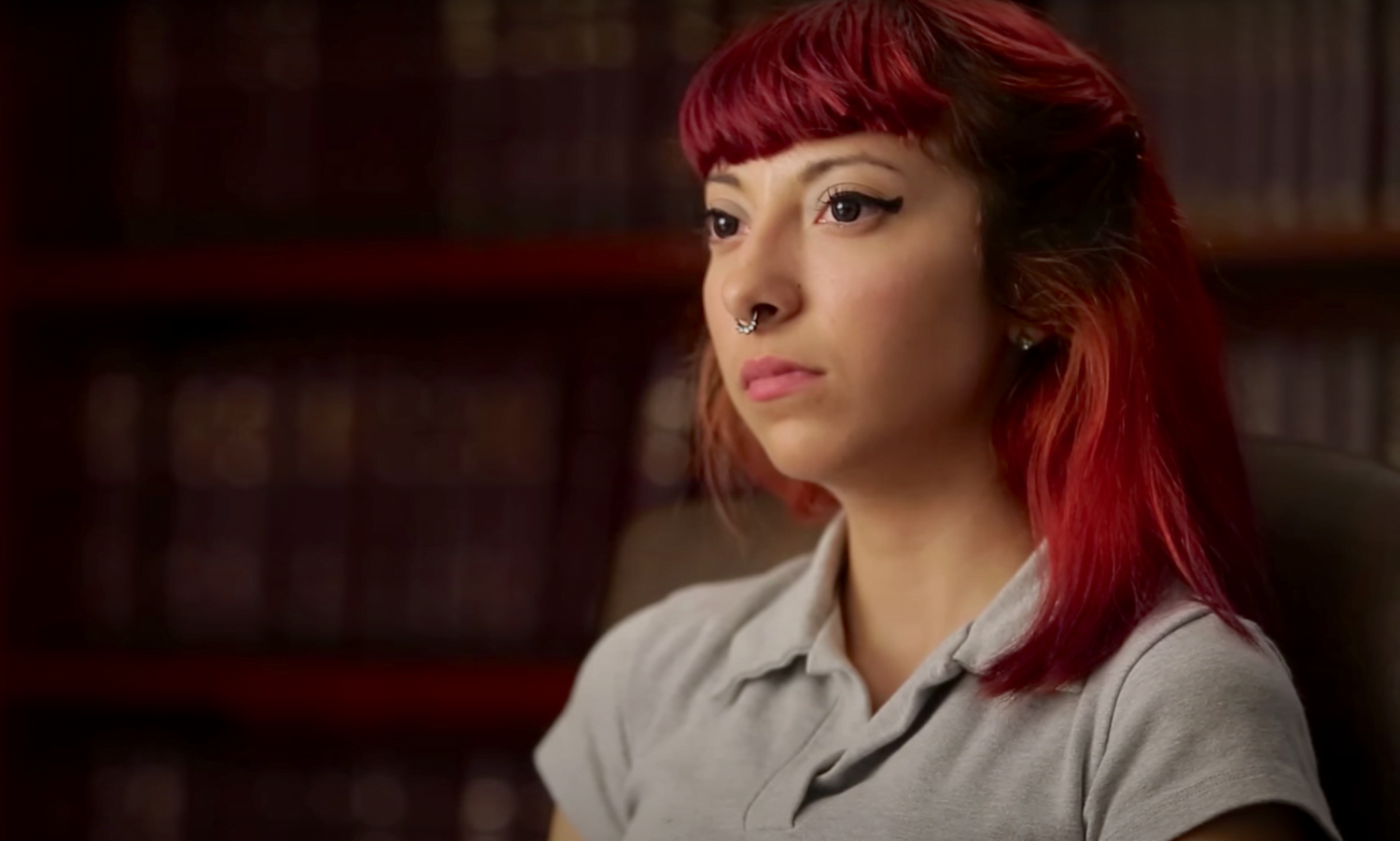Trauma & Learning
Overview

Studies demonstrate that childhood trauma can physically alter the developing brains and bodies of children, which can affect cognition and behavior for decades and lead to symptoms similar to those of veterans returning home from war with PTSD. Low literacy, high dropout rates, repeating grades, low achievement, and the school-to-prison pipeline have all been shown to have a high correlation with exposure to trauma. Trauma-sensitive school districts across the nation are beginning to deal with trauma successfully, and when they do, the benefits to kids, to families, and to the community are extraordinary.
Public Counsel has filed multiple landmark lawsuits to address the adverse impact of childhood trauma on learning:
- Peter P. v. Compton Unified School District, was filed in Los Angeles by Public Counsel and Irell & Manella LLP in 2015 on behalf of a class of students and three teachers, seeking Compton Unified School District to incorporate proven practices that address the barriers to learning caused by trauma-in the same way public schools have adapted and evolved in past decades to help students who experience physical or other barriers to learning. In the intervening years both the plaintiffs and the defendant collaborated to develop Compton Unified School District’s Wellness Initiative, a multi-pronged program designed to address the academic, social emotional, attendance and behavioral needs of students.
- Stephen C. v. BIE, is a federal suit brought by nine child plaintiffs and the Native American Disability Law Center to hold the federal Bureau of Indian Education (BIE) accountable for providing quality education to Native children. In March 2018, The court ruled, for the first time in the nation, that the federal government must meet the educational needs of Native American students attending schools run by the federal BIE by affirmatively addressing the mental health and wellness needs of students impacted by trauma and childhood adversity. In October 2020, a historic agreement was reached as a crucial first step in ensuring that the federal Bureau of Indian Education (BIE) fulfils its obligation to ensure that students with disabilities at Havasupai Elementary School receive equal access to education.






